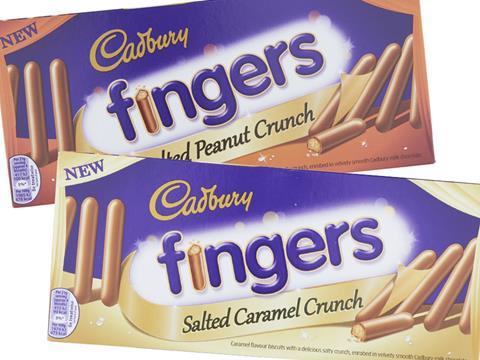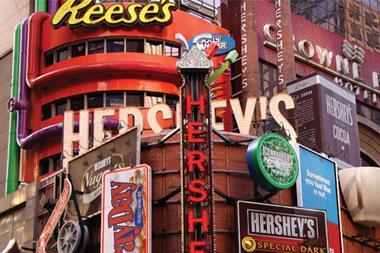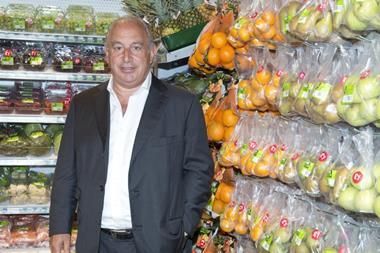
Mondelez has reportedly approached Burton’s Biscuits, the owner of Wagon Wheels, with an offer to buy its Cadbury licence.
Sky News reported the proposal is valued at approximately £200m, according to people close to the situation, although they cautioned that discussions between Mondelez and Burton’s were at an early stage and may not result in a deal.
The two groups previously held talks two years ago when Burton’s was looking to offload its Cadbury business to help smooth a deal to buy United Biscuits, the owner of McVitie’s. Those talks collapsed when UB was bought by Turkey’s Yıldız for £2bn in 2014. (The Guardian) The Daily Mail, also noting Burton’s attempt’s to by Fox’s, hails the coming of “biscuit wars”. (The Daily Mail)
The Financial Times (£) looks at Unilever’s decision to pay $1bn for Dollar Shave Club, the lossmaking razor blade start-up. “It is a hairy multiple: Dollar Shave Club pegs 2016 revenues at about $200m. But it is less outlandish than other recent sector deals such as Johnson & Johnson’s acquisition of Vogue International for 11 times sales.”
Separately the FT looks at how Michael Dubin built Dollar Shave Club into a $1bn company, noting his maverick approach “has changed the way razors are sold”. (The Financial Times £) The Daily Mail also looks at “the man who made $1billion taking on the shaving giants”. “Watch out Gillette, now he’s heading for Britain,” the paper warns. (The Daily Mail)
The official investigation into Sports Direct’s failure to pay its warehouse workers the national minimum wage is understood to have been widened to include the sportswear chain’s 13,000 retail workers. (The Guardian)
DC, the Lloyds-backed private equity firm, has sold its catering business Waterfall to French buyer Elior, in another deal that underlines foreign buyers’ appetite for British businesses after the UK’s vote to leave the EU. (The Telegraph)
Businesses were largely taken by surprise by last month’s Brexit vote and few had contingency plans in place. According to the Bank of England’s agents, who report on activity in the regions, most are maintaining an attitude of “business as usual” for now. Over the next year, however, a third of businesses expect Brexit to have a negative effect on investment and hiring plans as the economic mood in the UK darkens. (The Financial Times £)
Britain’s labour market was riding high in the run up to Brexit, with joblessness dropping to its lowest level in 11 years, employment hitting a new record and wages growing at their fastest pace since last October. (The Times £)



















No comments yet